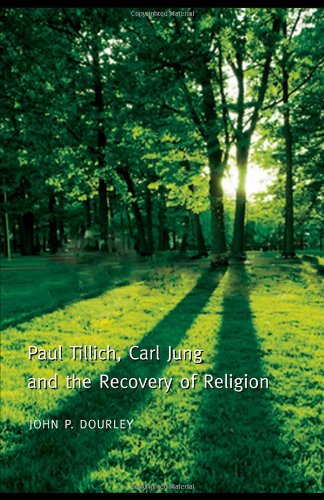

Most ebook files are in PDF format, so you can easily read them using various software such as Foxit Reader or directly on the Google Chrome browser.
Some ebook files are released by publishers in other formats such as .awz, .mobi, .epub, .fb2, etc. You may need to install specific software to read these formats on mobile/PC, such as Calibre.
Please read the tutorial at this link: https://ebookbell.com/faq
We offer FREE conversion to the popular formats you request; however, this may take some time. Therefore, right after payment, please email us, and we will try to provide the service as quickly as possible.
For some exceptional file formats or broken links (if any), please refrain from opening any disputes. Instead, email us first, and we will try to assist within a maximum of 6 hours.
EbookBell Team

4.0
16 reviewsIs religion a positive reality in your life? If not, have you lost anything by forfeiting this dimension of your humanity?
This book compares the theology of Tillich with the psychology of Jung, arguing that they were both concerned with the recovery of a valid religious sense for contemporary culture. Paul Tillich, Carl Jung and the Recovery of Religion explores in detail the diminution of the human spirit through the loss of its contact with its native religious depths, a problem on which both spent much of their working lives and energies.
Both Tillich and Jung work with a naturalism that grounds all religion on processes native to the human being. Tillich does this in his efforts to recover that point at which divinity and humanity coincide and from which they differentiate. Jung does this by identifying the archetypal unconscious as the source of all religions now working toward a religious sentiment of more universal sympathy. This book identifies the dependence of both on German mysticism as a common ancestry and concludes with a reflection on how their joint perspective might affect religious education and the relation of religion to science and technology.
Throughout the book, John Dourley looks back to the roots of both men's ideas about mediaeval theology and Christian mysticism making it ideal reading for analysts and academics in the fields of Jungian and religious studies.